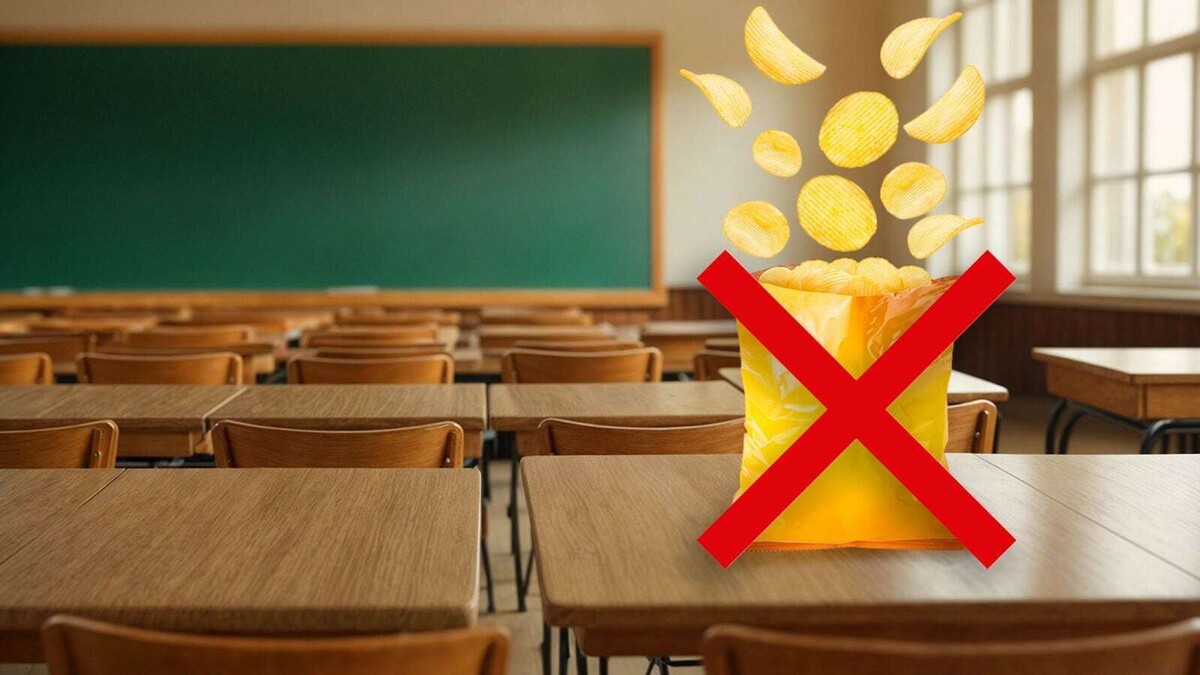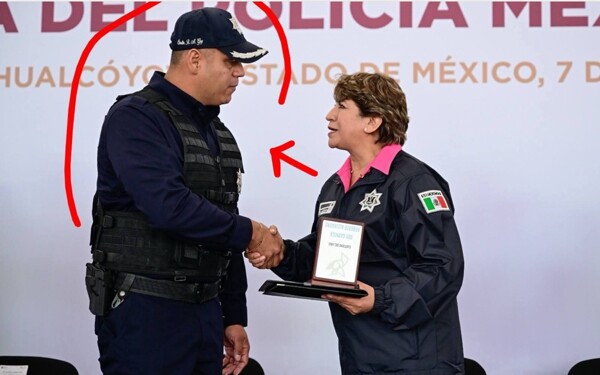
Starting March 29, the prohibition of junk food sales in all educational institutions in Mexico, both public and private, will come into effect. This measure will be mandatory and will apply only within schools, in 'tienditas' and school cooperatives, aiming to promote healthier eating among children.
According to the new law, schools will no longer be able to offer ultra-processed products with high levels of fats, sugar, sodium, and refined flours. This includes the prohibition of selling soft drinks and sugary beverages, fried and packaged snacks, as well as other snacks with warning labels according to the Official Mexican Standard NOM-051. Instead, natural or minimally processed foods such as seasonal fruits and vegetables, lean cuts of fish, chicken, and turkey prepared healthily must be prioritized.
According to the Health and Public Education authorities, restrictions will be intensified to prevent the sale of foods high in sugars and fats at all educational levels in the country. Institutions that do not comply with the regulations could face financial penalties, ranging from approximately 10,900 to 109,000 pesos, which could double in case of recurrence.
The Secretary of Education, Mario Delgado, stated that the Ministry of Public Education (SEP) will train those responsible for school cooperatives to comply with the new provisions regarding junk food. The measure aims to address the problem of overweight and obesity, which affects 1 in every 4 children and adolescents in Mexico today.
The decree establishing the prohibition of junk food in schools was published in the Official Federal Gazette (DOF) and grants schools a period of 180 days to comply with the official provision. It is expected that the 258,689 schools that are part of the National Educational System will adhere to this measure, which had been previously established in 2010 but had not been fully implemented.
The guidelines for the preparation, distribution, and supply of food and beverages in the National Educational System also include ensuring access to drinking water for students, prohibiting caffeine and sugary cereals, and reducing the use of salt, sugar, and saturated fats in food preparation. It is estimated that 50% of children born from 2010 onwards will develop diabetes at some point in their lives, with ultra-processed products and junk food responsible for 98% of the school food supply in Mexico.














